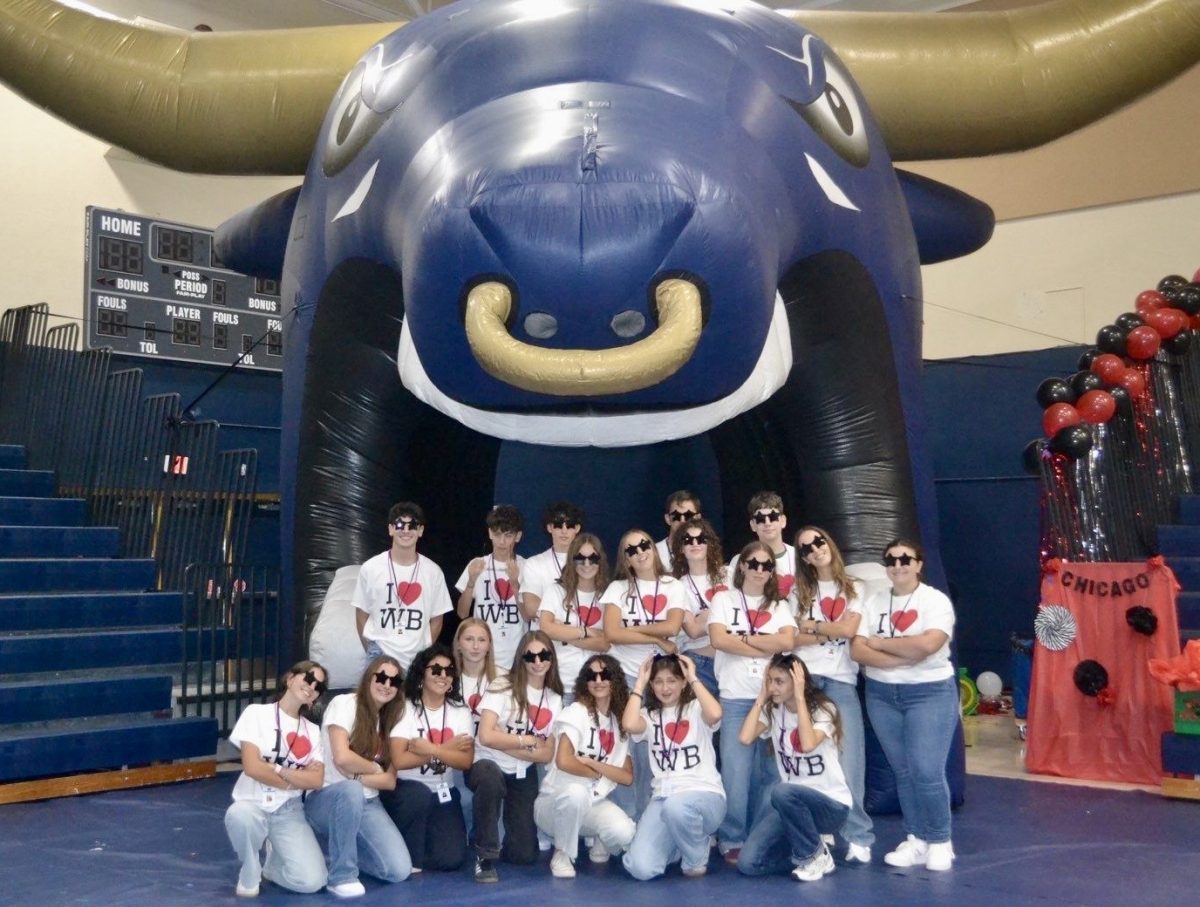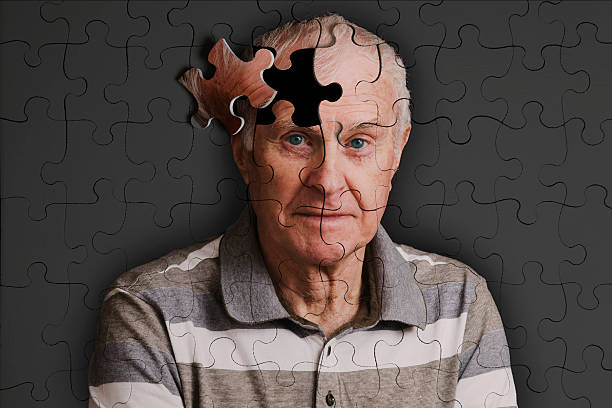Have I Read This Before? Diving Deep Into Déjà Vu
Loss of memory.
January 26, 2023
Do you get déjà vu? While you may not relate to singer Olivia Rodrigo posing this question to her ex-boyfriend about his new girlfriend that looks exactly like her, you definitely relate to the feeling of thinking you are seeing something twice. If so, you have most likely experienced the widely known phenomenon known as déjà vu.
Let’s break it down in simpler terms: what exactly is déjà vu? No–Olivia Rodrigo did not coin this famous phenomenon all by herself in her famous song. Déjà vu is the feeling of having already experienced the present situation. The phrase is French for “already seen.”
Déjà vu is thought to occur due to miscommunication between two parts of the brain. The main theory behind this odd phenomenon comes from the information neurologists know about the brain. It is understood that the temporal lobe is the spot in the brain that is ultimately responsible for such an occurrence. In the brain, there are two temporal lobes–one on each side of the head. The temporal lobes are where you interpret emotions, recognize things and people, recall words, and remember things. In each temporal lobe is a hippocampus, which assists in performing these functions and storing memories (specifically those in the short term). Sometimes, in the case of certain brain “seizures”, the hippocampus and brain tissue around it become activated, producing déjà vu. So, by no means is déjà vu an accident or an error.
As soon as déjà vu was taken seriously within the scientific world, many theories began to emerge about it. Another popular theory which has been presented is that déjá vu is caused by a “timing mismatch or interruption” or essentially a glitch in the brain. For instance, making a quick glance at a person and not fully developing or processing that visual. Then, a few hours later, you come across the same person and feel like you have been in that same situation seeing them before. This could also provide reasoning for just how déjá vu occurs.
Even the Bible and other religious texts indirectly mention déjà vu. In many Bible verses, there are references to the feeling of déjà vu experiences. According to Whitney Hopler, “Ecclesiastes 1:9-10 describes the fact that humanity has gone through similar situations throughout history, so there is not actually anything that hasn’t been seen before.” Additionally, Acts 2:17 states, “In the last days, God says, I will pour out my Spirit on all people. Your sons and daughters will prophesy, your young men will see visions, your old men will dream dreams.” This excerpt suggests that déjà vu has been a phenomenon since ancient times. Now there is a scientific explanation for the occurrence of deja vu but the references of this in religious texts show that it has confused many since the dawn of time.
About two-thirds of people have experienced déjà vu within their lifetime. It usually occurs a couple times within a year for healthy individuals–so, it’s not uncommon or abnormal to experience. In all honesty: it is most likely a good thing if you are experiencing it. It is a sign that the “fact-checking brain regions are working well, preventing you from misremembering events,” says Akira O’Connor, cognitive psychologist.
Déjà vu is not a sign of mental illness; however, if it is very persistent then it could possibly be a sign of neurological illness. It can be an early sign of dementia, or even epilepsy. If this happens to you, it could be in your best interest to consult a doctor.
While the exact evidence of the phenomenon is not necessarily concrete, we do know a great deal of information surrounding the topic.













































